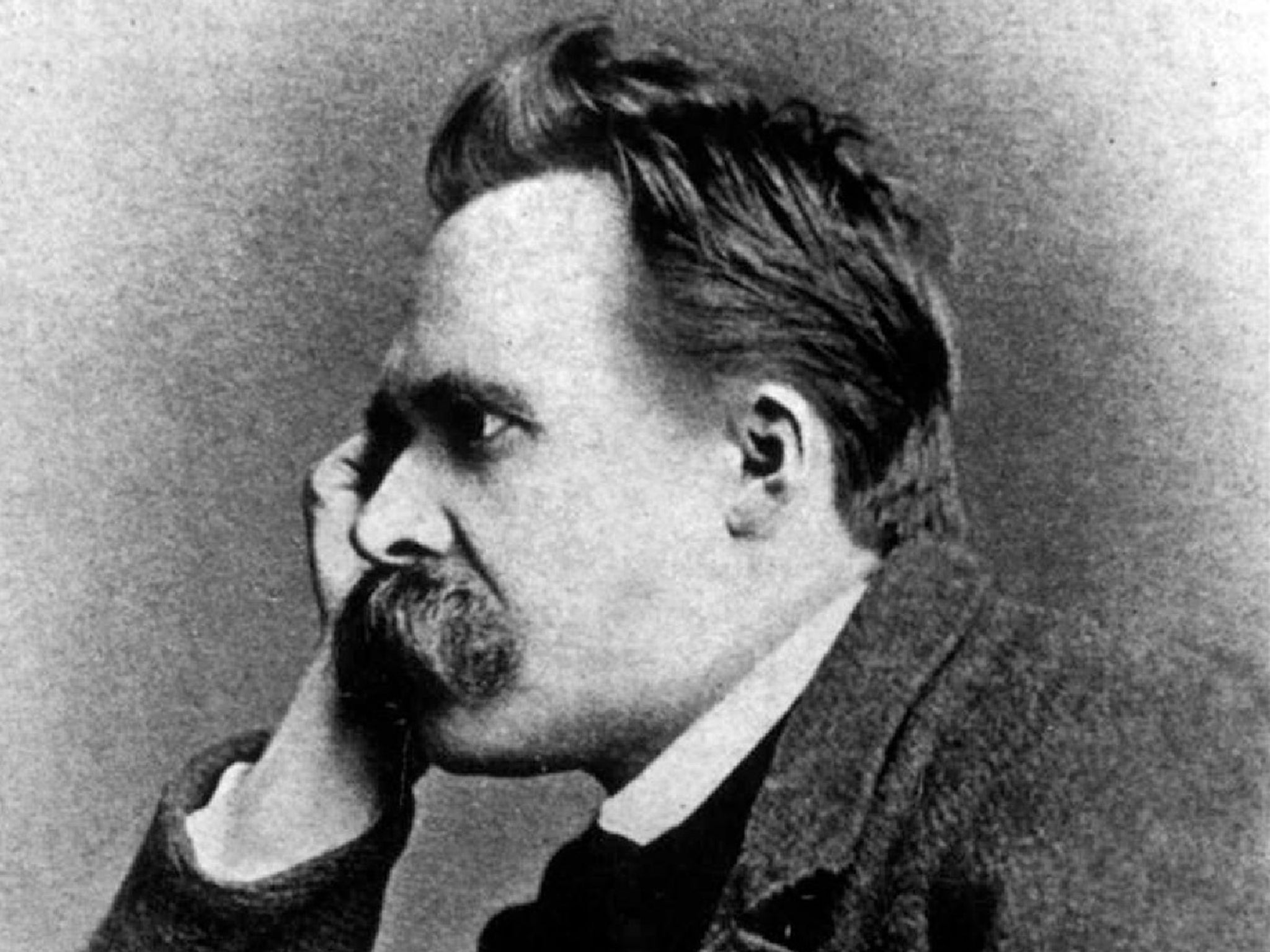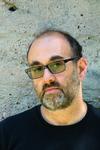HUMS 346, Interpretations - Nietzsche’s Zarathustra

Course Description:
A scrupulous reading of Nietzsche’s “great” book, Thus Spoke Zarathustra. Beyond the three explicit doctrines taught in the book—god’s death, the will to power, and the eternal recurrence of the like—there is a landscape of riddles, paradoxes and parables, songs, screeds and speeches, wise animals, dumb wisemen, teachers who can’t teach, and students who learn everything but the lesson. In short, the book is a summa literarum. We ask what it means to philosophize in and as literature, and how this reckless experiment transforms both.
Led By:
 |
Paul North writes and teaches on literature and other media, inental philosophy, literary and critical theory. He is most interested in the afterlives of Kantian critical thought, deconstruction, literary theory, and poetry and poetics in a variety of languages and traditions. Authors he works on include Plato and Aristotle, Neo-Platonic systems, Nicholas of Cusa, the French 17th century, D. Hume, I. Kant, F. Hölderlin, F. Schelling, the Jena Romantics, British Romanticism, F. Nietzsche, and several clusters from the 19th to mid 20thcentury such as the cluster around phenomenology—Brentano, Husserl, Heidegger, Benjamin, Kafka, Levinas, Merleau-Ponty, Derrida—or that around the concept of time—Bergson, Proust, Heidegger, Einstein—or that around “other modes of experience”—Baudelaire, Freud, Benjamin, Huxley, Borges, Juan Rulfo, César Aira—or that around German-Jewish thought—Mendelssohn, Maimon, Varnhagen, Schlegel, Rosenzweig, Buber, Scholem. Theoretical style is an area of interest as well, and Prof. North is happy to work with students in a variety of genres and styles, to expand the parameters of what we call critique. |